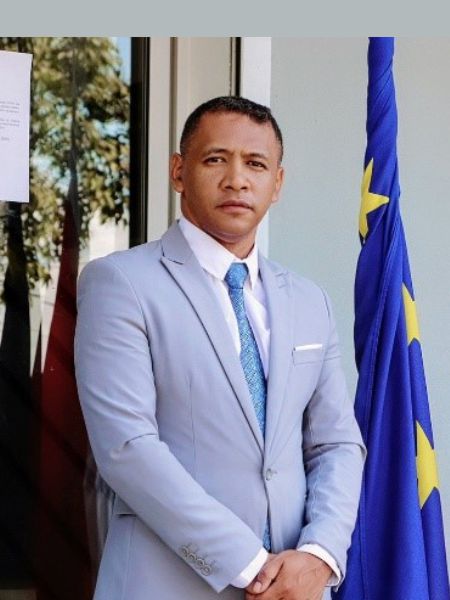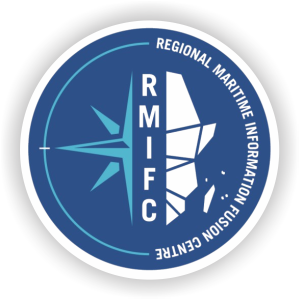Directors Message

As a vital transit area for major maritime routes connecting Asia, the Pacific, and the Middle East, the Indian Ocean occupies a central place in global economic and strategic balances. This importance is also reflected in the diversity and complexity of the threats to its maritime security. Indeed, the year 2024 was marked by an intensification of challenges: proliferation of illicit trafficking (drugs, weapons, human beings), illegal fishing, smuggling, Houthi attacks in the Red Sea and piracy, still present in the background, reminds us of the need for sustained vigilance.
The deterioration of the situation in the Red Sea and the Bab El Mandeb Strait marked the year 2024. The reorientation of maritime traffic towards the Cape of Good Hope disrupted the usual routes, further exposing coastal states to new risks: loss of containers at sea, increased collisions and pollution threats, particularly off the coasts of Mozambique and South Africa.
Furthermore, Houthi attacks on commercial vessels since November 19, 2023, are potentially one of the reasons that could explain the return of piracy in the Somali Basin and the Arabian Sea. Indeed, the resources mobilized to counter the Houthi threat have forced, in part, naval forces to ease pressure on a phenomenon that had been strongly contained for many years previously, thus opening a window of opportunity for pirate groups.
Other causes of piracy, such as IUU fishing, remain just as prevalent. In the Indian Ocean, for example, and in addition to numerous local specificities, the Arabian Sea, the Somali Basin, and the shallows of the Mascarene Plateau are areas particularly conducive to IUU fishing due to their remoteness and the resulting difficulty of implementing an effective surveillance system. Fishing vessels are also used for drug trafficking and illegal immigration.
Regional Coordination Operations Centre (RCOC) Furthermore, illicit trafficking, particularly of drugs and weapons, continues to pose a significant challenge to regional stability. Terrorist and criminal networks exploit the situation in each country in the region to intensify their operations. This fight is complex due to the diversity of routes used and the continuous adaptation of traffickers’ operating methods.
In the RMIFC’s specific area of interest, drug trafficking appears to be undergoing a shift. The volume of narcotics seized at sea in 2024 is much lower than in previous years. This emerging trend will require confirmation. This phenomenon can be explained by the reduction in poppy cultivation areas in Afghanistan. Methamphetamine trafficking, which is more profitable and unaffected by the Taliban regime’s crackdown, continues to increase at a steady pace.
Furthermore, cocaine is now increasingly present in the Indian Ocean. While the region previously served as a relay between South America and Asia, retail seizures have increased, indicating the emergence of a local consumer market.
”